
OR
Editorial
Heed NHRC's plea to save quake victims from unforgiving cold
Published On: December 13, 2023 07:01 AM NPT By: Republica | @RepublicaNepal
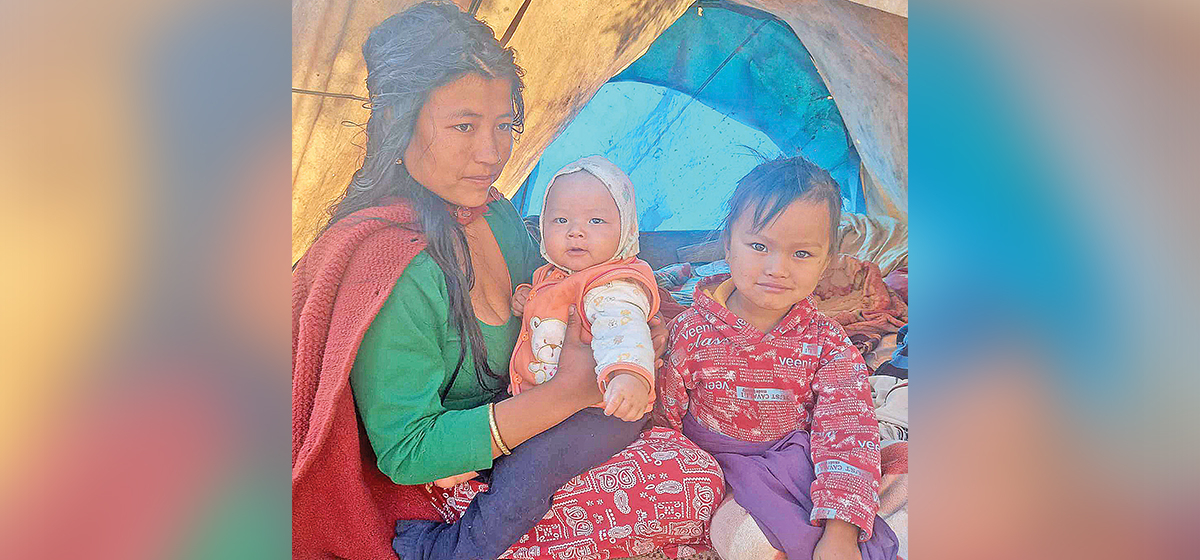
As winter tightens its grip on the earthquake-affected regions of Jajarkot and Rukum West in Karnali Province, the National Human Rights Commission (NHRC) has sounded a critical alarm, urging the provincial government to take immediate action to safeguard the lives of those grappling with the bitter cold. The pressing plea from the national human rights watchdog emphasizes the dire situation faced by quake survivors, particularly vulnerable groups such as individuals with critical diseases, pregnant and lactating women, children, and the elderly residing under makeshift tents. The numbers tell a chilling tale: 43 lives have already been lost due to cold-related conditions among those residing in temporary shelters. The NHRC has stressed the urgency of timely assistance, highlighting the vulnerable conditions of those exposed to the elements. The situation is exacerbated by shortages in the Jajarkot District Hospital, including both health workers and medicines. Moreover, the earthquake survivors have yet to receive the first installment of monetary support promised by the government for the construction of temporary houses.
The NHRC's assertion that relief distribution lacked transparency, with influential figures allegedly influencing the process, raises concerns about the fair and equitable distribution of essential resources. The suggestion of NHRC for the provincial government to establish a reconstruction authority to streamline activities aligns with the need for a coordinated and efficient response. Local government officials point fingers at the federal government, accusing it of impeding the provincial government's rights in the reconstruction efforts. Despite the challenges, they reveal that the provincial government had allocated Rs 1 billion for the construction of temporary shelters, emphasizing their commitment to address the pressing needs of quake survivors. The harsh reality is that the delayed provision of funds for building temporary shelters has left many quake victims exposed to the unforgiving winter conditions. The recent loss of 43 lives among those living under tarpaulins due to the government's inability to provide timely funds for shelter construction is a stark reminder of the consequences of administrative delays. These deaths, resulting from preventable factors, underscore the urgent need for immediate and targeted relief efforts.
As temperatures continue to plummet, the situation is likely to worsen further, potentially claiming more lives if swift and comprehensive actions are not taken. The vulnerability of quake survivors, especially those with chronic illnesses, children, and the elderly, demands a robust and well-coordinated response from the government. The current health challenges, including pneumonia-related fatalities among children, indicate the dire need for medical attention and supplies. The scarcity of warm clothes in the high mountain regions further exacerbates the health risks faced by the affected population. It is imperative for the government to prioritize the well-being of quake survivors, ensuring timely medical supplies, deploying additional health workers, and addressing the escalating health needs within the affected communities. The NHRC's call for transparent and fair relief distribution must be heeded to prevent further loss of life due to administrative lapses. Swift and effective action is not just a matter of policy; it is a moral imperative to uphold the fundamental right to life for those grappling with the aftermath of the devastating earthquake on November 3 and now facing the harsh realities of winter. The government must act urgently, ensuring that no more lives are lost due to the preventable challenges imposed by the unforgiving cold in the quake-hit region.
You May Like This

Quake-survivor in Jajarkot dies of extreme cold
JAJARKOT, Nov 20: A 70-year-old quake-survivor in Jajarkot district succumbed to extreme cold on Sunday morning. ... Read More...
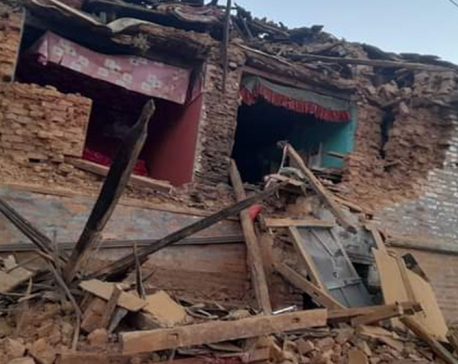
Ensure Proper Utilization of the Jajarkot Earthquake Relief Fund
In the wake of the devastating earthquake that struck Jajarkot and Rukum East, the government's swift action in collecting a... Read More...

Cold claims lives of two quake-affected persons in Jajarkot
JAJARKOT, Nov 17: Two elderly persons died from cold in Jajarkot district. ... Read More...

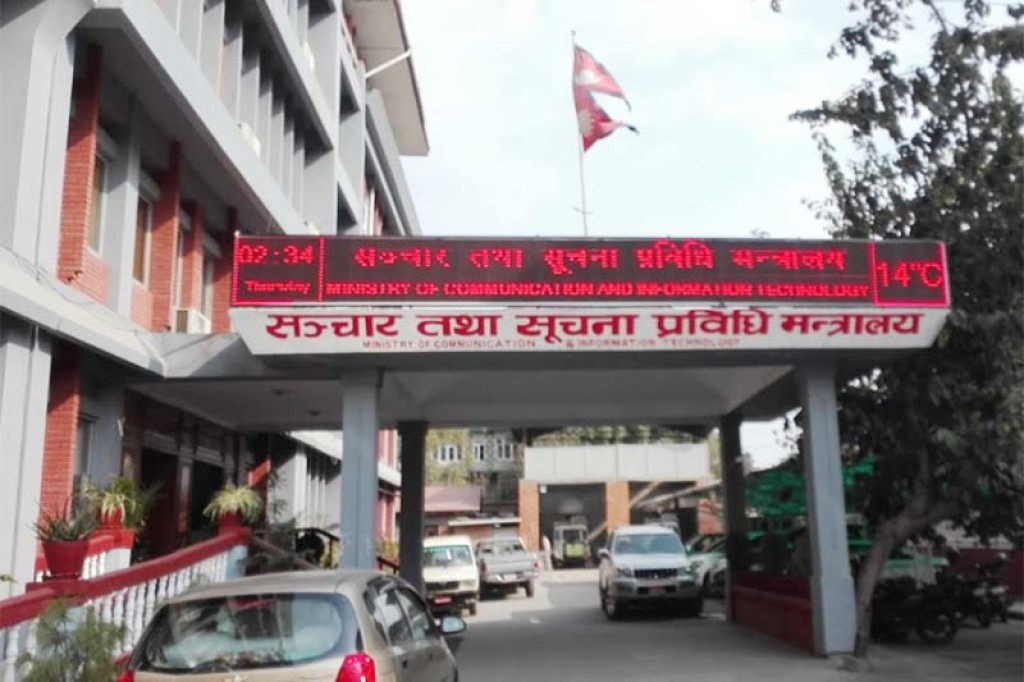
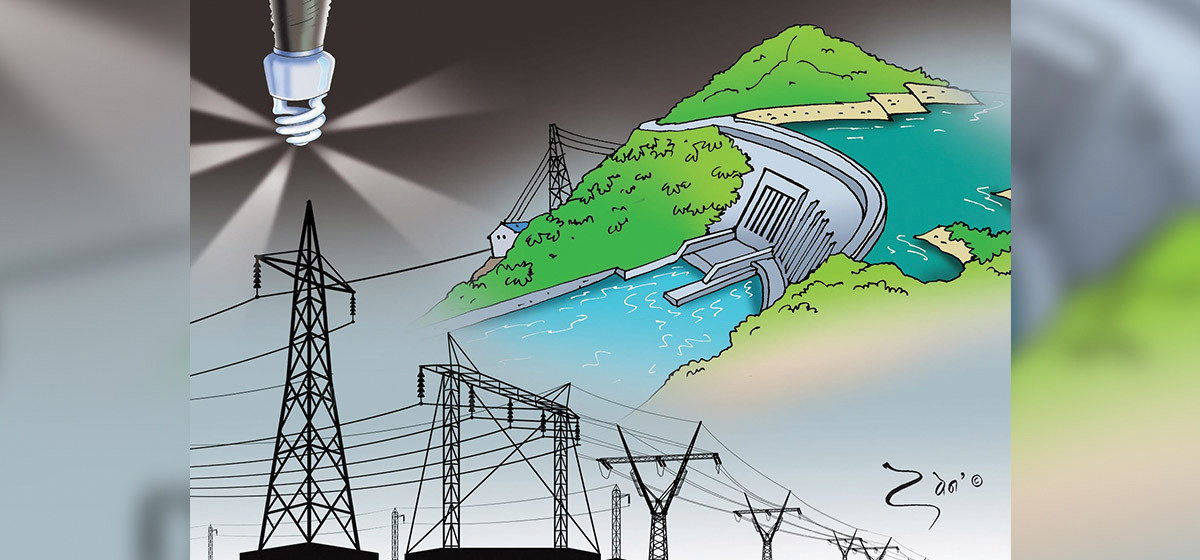
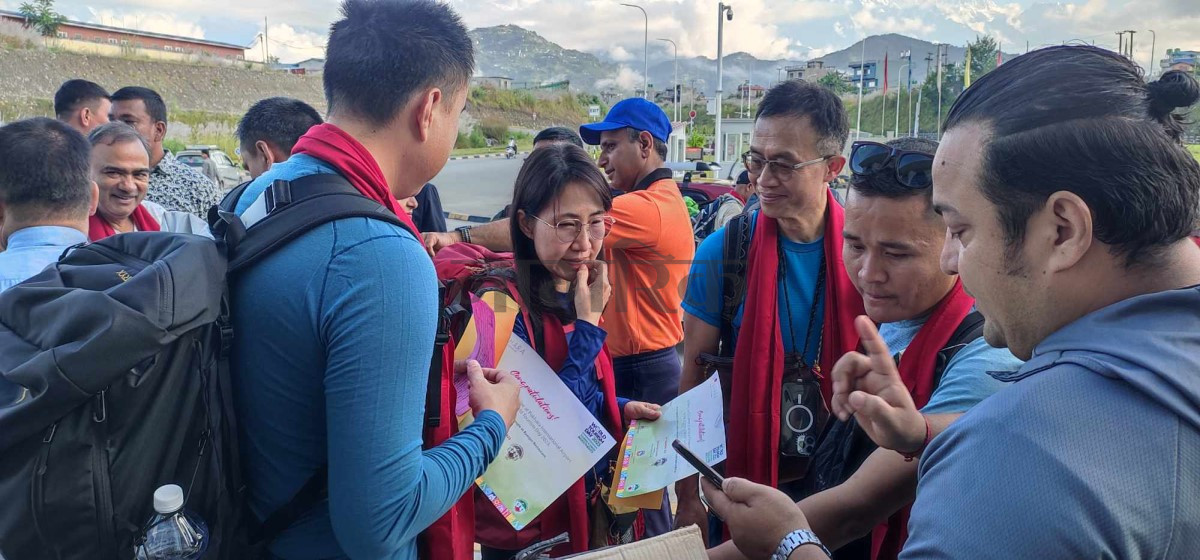
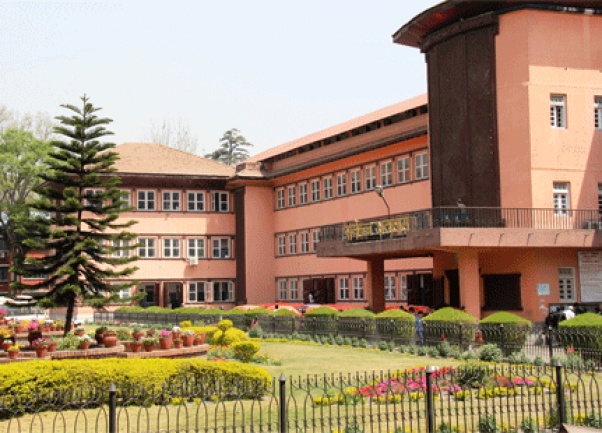
-1200x560-wm_20240503161056.jpg)
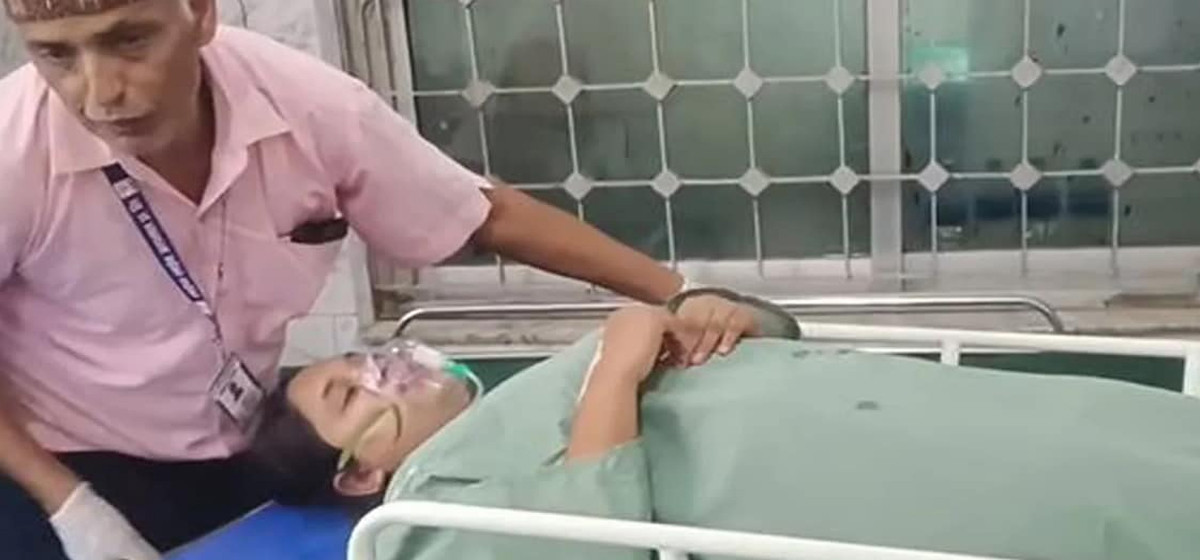
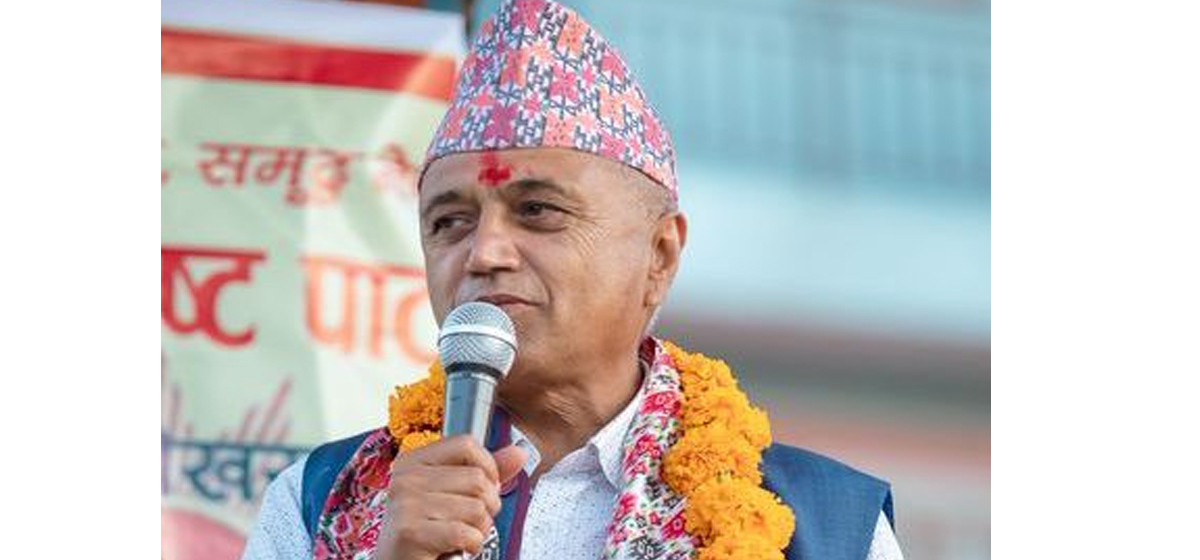
Just In
- Madhesh: LSP’s provincial assembly member Abhiram Sharma suspended
- Flight operations again halted at PRIA on Friday
- Student attacked while returning from Grade 12 exam in Jhapa
- Red Cross instructs district branches and agencies to adopt integrated accounting system
- RSP calls Secretariat meeting to review by-elections
- Bharatpur metropolis urges businessmen to stop mixing wastewater in sewers
- Gandaki CM to seek trust vote on May 5
- Two arrested on the charge of swindling 219 people out of Rs 26.8 million on the pretext of sending them to Japan



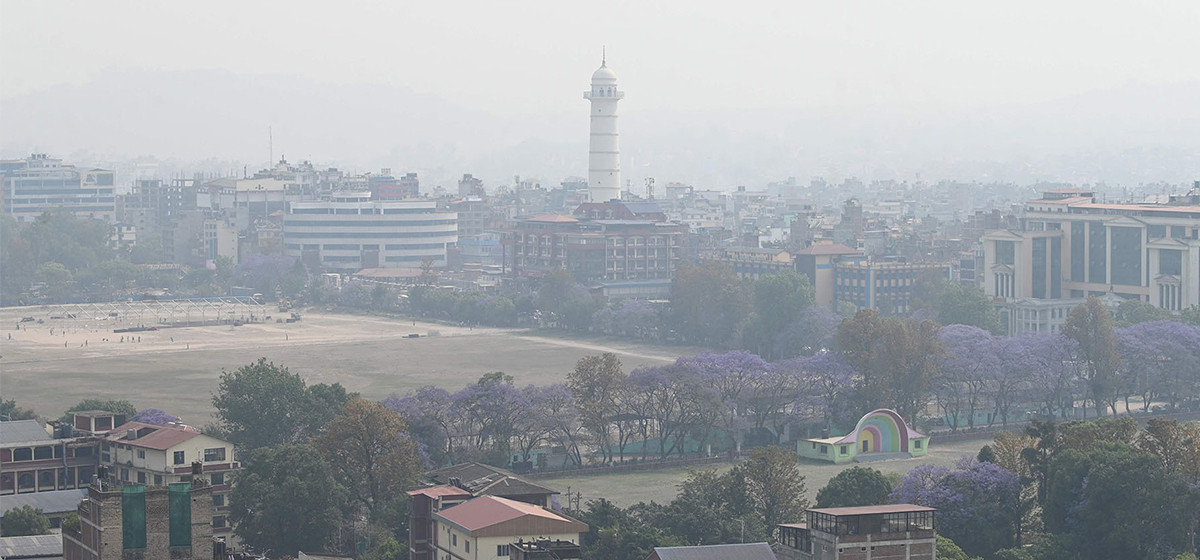
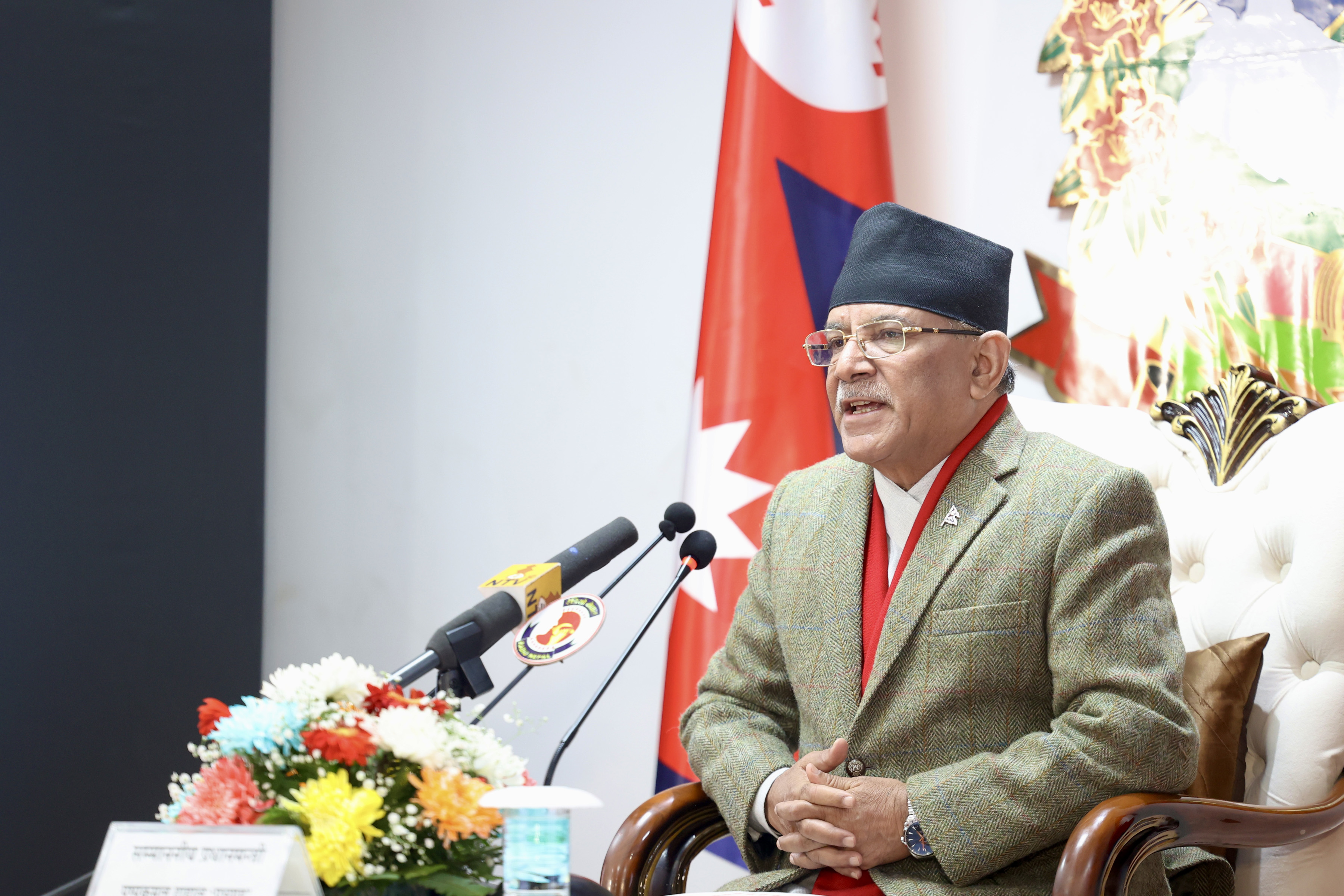

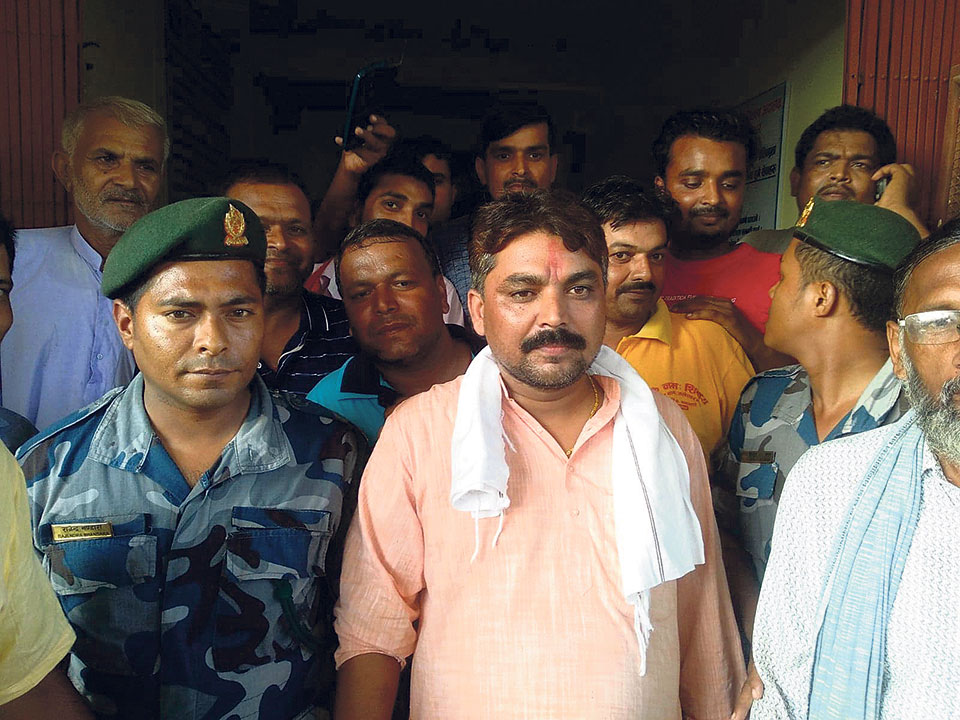

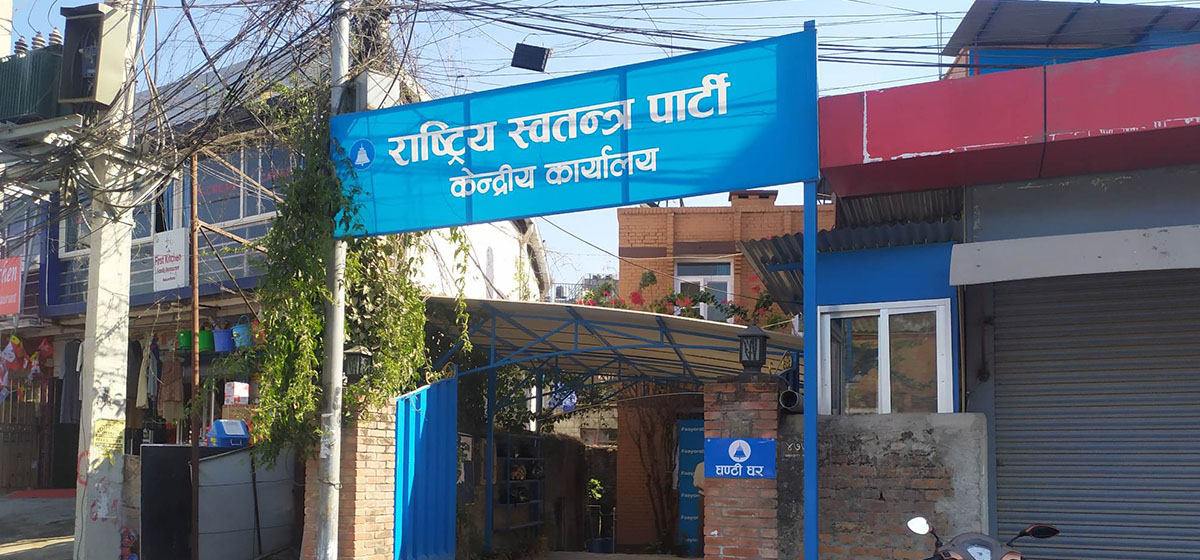
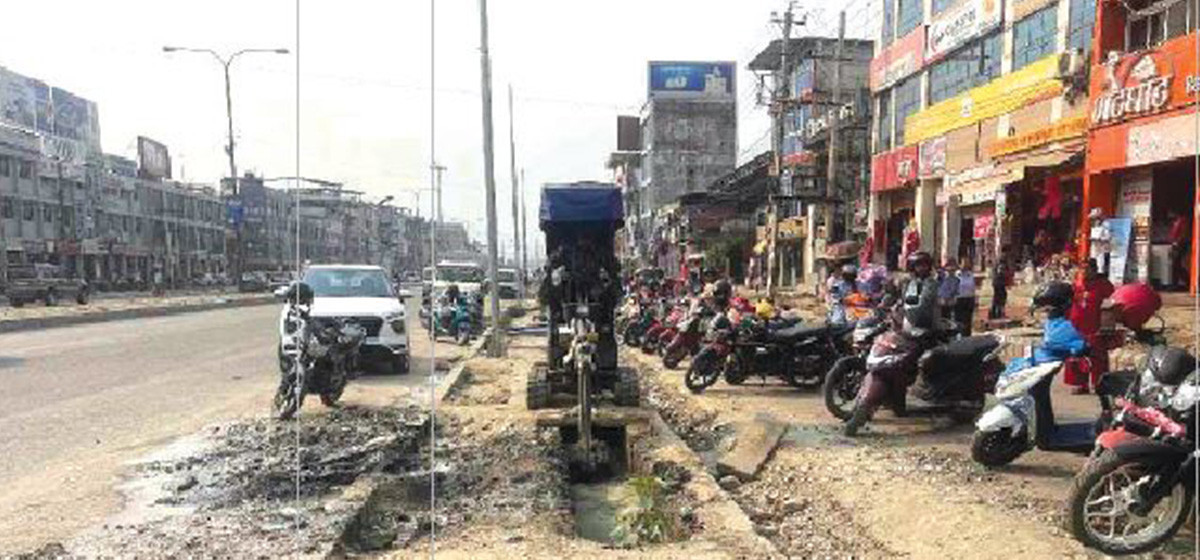

Leave A Comment